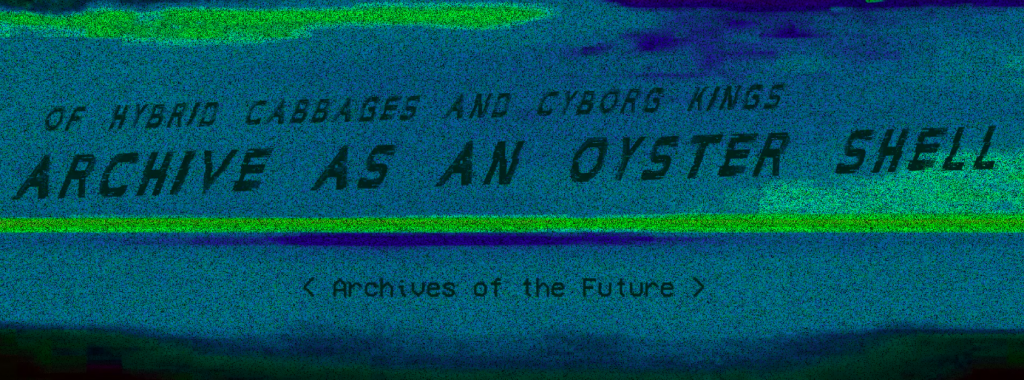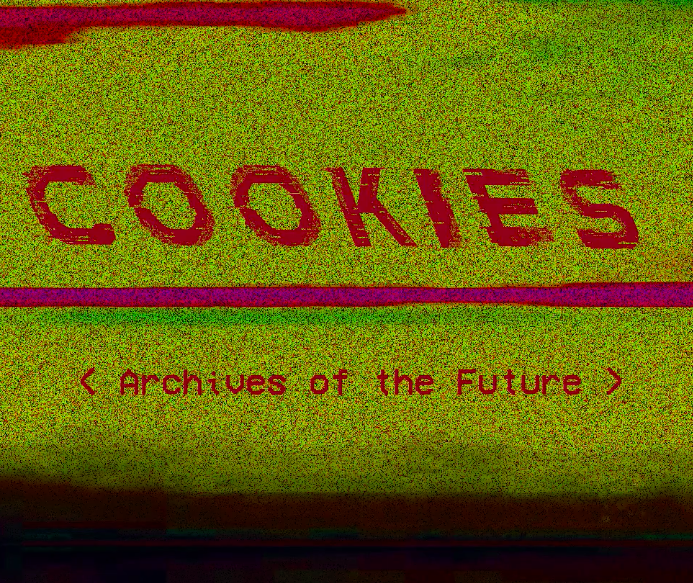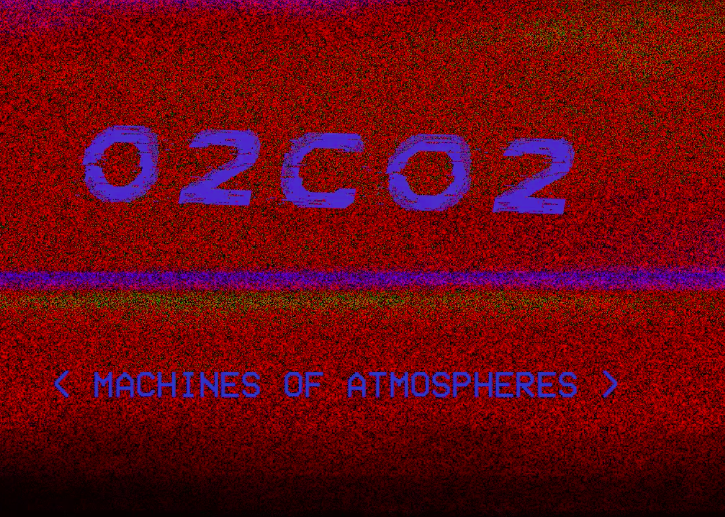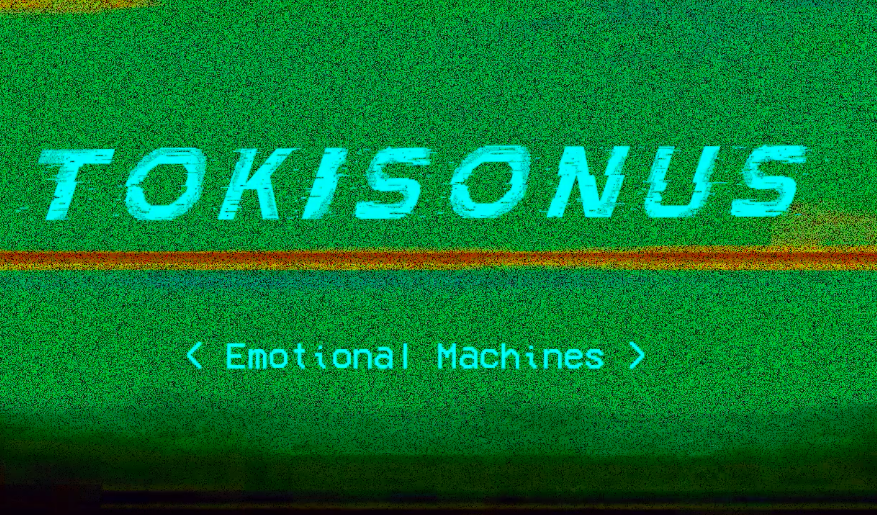Biography
Atiq Hashmi is a technology enthusiast who likes to explore how technology is helping to visualize arts and cultures while maintaining the integrity of cultural data. Having graduated as an electrical engineer and working with latest digital technologies for the preservation of heritage sites in Pakistan, encouraged him to come to Europe under Erasmus Mundus program to explore Media Arts Cultures field at a broader level. Currently, he is studying the anthropogenic impacts on the environment and how these impacts can be visualized at an individual level to establish the connection of people with environmental issues at more personal level. In the latest project 02CO2 he is programming the robotic parts of the installation including the functions of the four stepper motors.
Adrienn Lestyán is a skilled writer and a passionate soul from Budapest, exploring the world at the intersections of arts, written words, along with mind and body practices. She has a background in communication, journalism, and blogging. In the recent years, based in Berlin, she used to be responsible for diverse cultural projects as a project coordinator for festivals, exhibitions and workshops related to wearable technology, fashion tech and critical making. She is particularly fond of interactive artistic experiments and installations enhancing the engagement of the audience to act, to communicate and to reflect.
Daria Vdovina is a representative of a young generation of an independent proactive Ukrainians, who used to work in the cultural sector primarily in curatorial and managerial positions. Nowadays she pursues a masters degree in digital art, technology and media culture within Erasmus Mundus joint degree Media Arts Cultures, focusing her studies on the interconnection and overlaps between technology and environment, digital culture and politics of the machines from the ecological perspective. She aims to explore concerns of Artificial Life and Urban Studies when it comes to discussions of such phenomena as Postnatural landscape, Smart City, Next Nature, BioDesign, architecture and BioArt.





